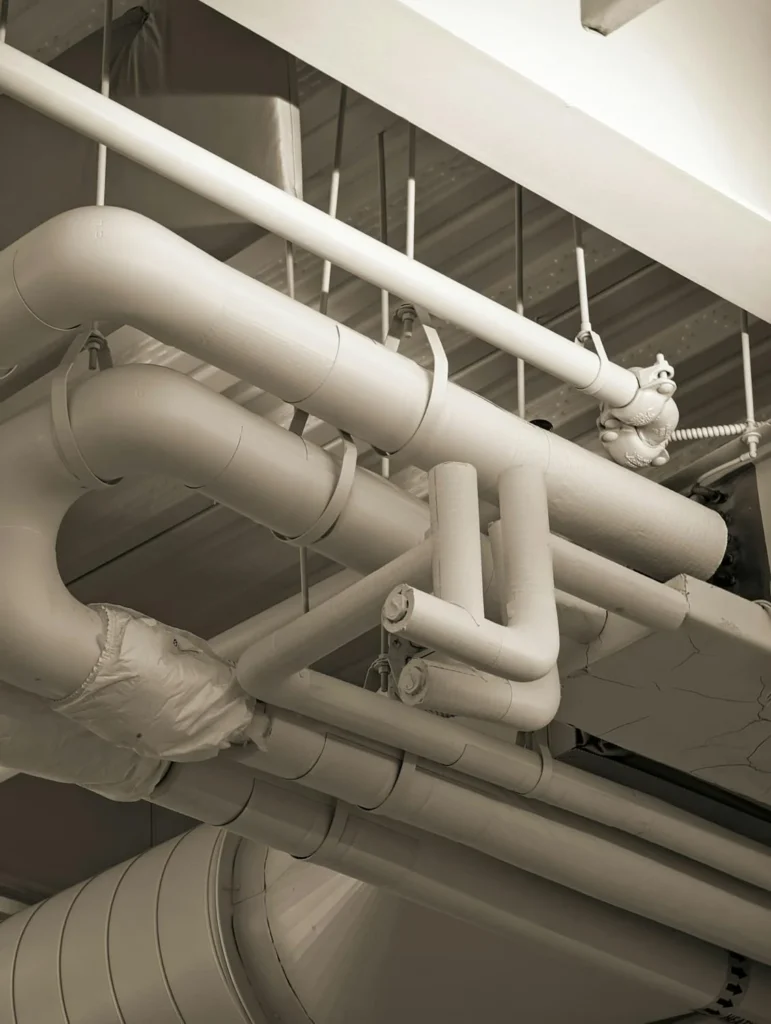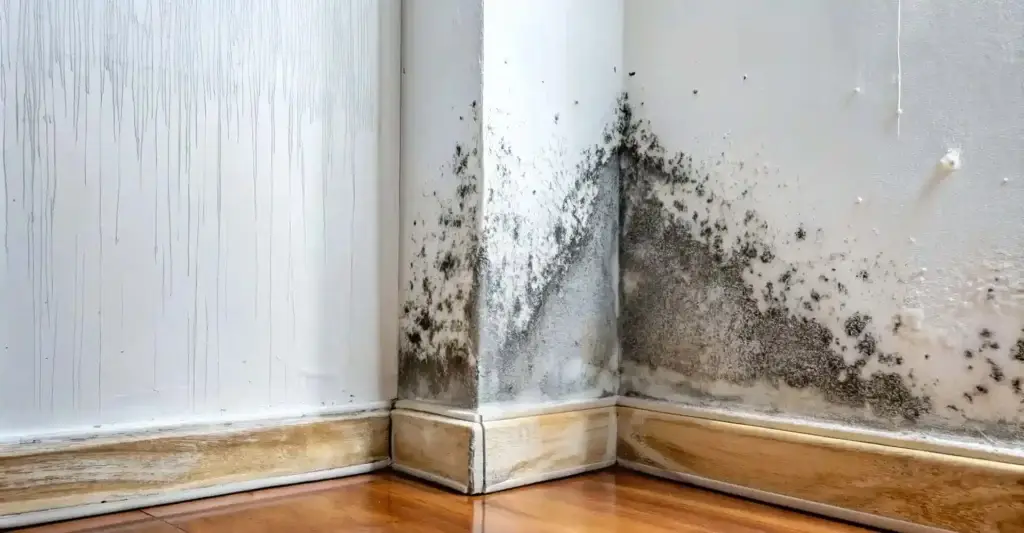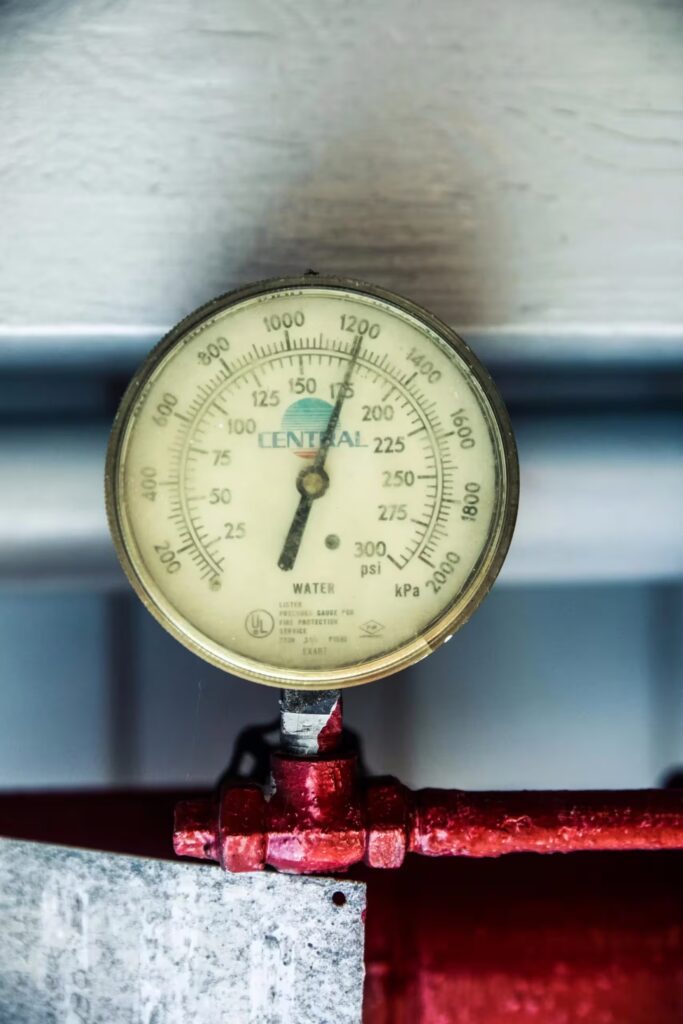Quick answer
In the UK, professional trauma scene cleaning specialists handle the complex and sensitive task of decontaminating environments affected by traumatic events like crimes, suicides, unattended deaths, or serious accidents. These experts are essential because such scenes involve significant biohazards (e.g., blood, bodily fluids) posing severe health risks from pathogens, and require strict adherence to UK health and safety regulations for safe disposal. Unlike emergency services, professional cleaners possess the specialised training, equipment, and discretion to conduct thorough decontamination, odour neutralisation, and restoration, providing a safe and dignified resolution while protecting individuals from emotional distress and legal liabilities.
Trauma scene cleaning – what you need to know
When a traumatic event occurs, whether it’s a violent crime, suicide, accident, or unattended death, the emotional and practical aftermath can be overwhelming. Once emergency services leave the scene, families and business owners are often left with the difficult question: who is responsible for cleaning up?
This is where professional trauma scene cleaners play a vital role. These are specialists trained in the safe, discreet, and thorough decontamination of areas affected by biohazards such as blood, bodily fluids, or human tissue. Their work not only restores environments but also brings peace of mind during incredibly distressing times.
This article answers the most common questions UK residents and businesses have about trauma cleaning, explains why it’s a job best left to professionals, and highlights how these services offer more than just cleanliness, they provide critical support and safety.
What Is trauma scene cleaning?
Trauma scene cleaning involves the decontamination and restoration of environments impacted by incidents involving human trauma. This could include:
- Homicides or violent crimes
- Suicides or suicide attempts
- Unattended deaths (where a person passes away and is not discovered for a period of time)
- Serious accidents, either in the workplace or at home
- Industrial or commercial injuries involving biohazards
Unlike standard cleaning, trauma scene cleaning requires specialised knowledge, equipment, and legal compliance. It is not simply about removing stains, it’s about ensuring all biohazardous materials are properly handled, sanitised, and disposed of, protecting the health of anyone who may enter the premises in future.
The importance of discretion and compassion when dealing with trauma cleans
Trauma cleaning is not just a technical job, it’s deeply human work. Companies that offer these services are often called into the most private and painful moments of people’s lives. That’s why discretion, empathy, and professionalism are non-negotiable.
Most reputable trauma cleaning companies in the UK will:
- Arrive in unmarked vehicles to avoid drawing attention.
- Maintain confidentiality for families and businesses.
- Train staff in emotional intelligence and trauma awareness, ensuring compassionate interaction with clients.
For grieving families, this approach helps reduce additional stress and allows them to begin the process of healing without having to relive the trauma.
Why you shouldn’t clean a trauma scene yourself
1. Health hazards
Trauma scenes often contain bloodborne pathogens such as Hepatitis B, Hepatitis C, and HIV. These can be transmitted through even minimal exposure. According to the UK’s Health and Safety Executive (HSE), any contact with contaminated substances can lead to serious health risks without the proper protective measures and training.
2. Emotional distress
Being exposed to the scene of a loved one’s death or injury can intensify trauma. For bereaved families or close contacts, attempting to clean these spaces can lead to long-term psychological harm.
3. Legal and environmental risks
Biohazardous waste must be disposed of according to UK environmental regulations, including the Environmental Protection Act 1990 and Hazardous Waste Regulations 2005. Failing to comply could result in fines or environmental contamination.
What does a trauma scene cleaning service include?
A trauma cleaning specialist in the UK typically offers a comprehensive, multi-step process that may include the following:
- Rapid response: 24/7 availability to respond to emergencies across the UK.
- Risk assessment: A full evaluation of the site to understand the extent of contamination.
- Personal protective equipment (PPE): Technicians wear specialist suits, gloves, and respirators to safeguard themselves and others.
- Biohazard removal: Blood, fluids, tissue, and contaminated items (like furniture or carpet) are safely removed.
- Deep cleaning & disinfection: All surfaces are sanitised using high-grade, industry-approved cleaning agents.
- Odour neutralisation: Powerful deodorisers and ozone generators remove unpleasant and lingering smells.
- Waste disposal: Contaminated materials are packaged, transported, and disposed of in line with environmental laws.
- Documentation: A complete record of the work undertaken is provided, often needed for insurers or property managers.
By following this thorough process, professional trauma scene cleaners ensure the environment is not only visually clean but biologically safe for reoccupation.
Legal and regulatory compliance in the UK
Professional trauma cleaning companies operate under strict UK regulations to ensure public health and environmental safety. Key legislation includes:
- Health and Safety at Work Act 1974
- Control of Substances Hazardous to Health (COSHH)
- Environmental Protection Act 1990
- Hazardous Waste Regulations 2005
- Carriage of Dangerous Goods Regulations
Only licensed carriers can legally transport and dispose of clinical and biohazardous waste. Choosing a company that complies with these regulations protects clients from liability and ensures ethical waste handling.
How much does trauma cleaning cost?
Costs can vary based on the type and scale of the incident, location, and level of contamination.
- Minor incidents (e.g. single-room biohazard): from £500 – £1,500
- Moderate scenes (e.g. several rooms or materials requiring removal): from £1,500 – £3,000
- Severe trauma scenes (e.g. prolonged unattended deaths or industrial accidents): may exceed £3,500
Many trauma cleaning services will offer a free site assessment and quotation. It’s also worth checking whether the costs are covered under home, landlord, or business insurance policies, especially for crime-related or accidental deaths.
Support, safety, and dignity when it matters most
Trauma scene cleaning is a service no one hopes to need, but when the unthinkable happens, knowing that trained professionals are available can make a world of difference.
These specialists provide far more than just physical cleaning. They restore safety, dignity, and order at a time of chaos, giving families and businesses the space they need to grieve, recover, and move forward.
Whether it’s a private home, rental property, or workplace, ensuring a proper, respectful, and lawful clean-up is essential, and best left in the hands of those who do it with compassion and care.
Need immediate trauma cleaning support in the UK?
If you’re facing the aftermath of a traumatic incident and don’t know where to turn, we’re here to help. Our experienced team is available 24/7 across the UK to provide compassionate, discreet, and fully certified trauma cleaning services which give you peace of mind when you need it most. Talk to us.
Trauma cleaning in the UK: Frequently asked questions
Who is responsible for cleaning a trauma or crime scene in the UK?
In the UK, professional trauma scene cleaning specialists are responsible for cleaning a trauma or crime scene after emergency services have left. It is not the responsibility of emergency services (like police or paramedics) to clean the scene, nor should untrained individuals attempt it. These specialised companies are equipped and trained to safely handle and dispose of biohazardous materials like blood, bodily fluids, and human tissue, ensuring the area is thoroughly decontaminated and safe for reoccupation.
Why should you never clean a trauma scene yourself in the UK?
You should never clean a trauma scene yourself in the UK due to significant health hazards, severe emotional distress, and serious legal and environmental risks. Trauma scenes can contain highly dangerous bloodborne pathogens (e.g., Hepatitis B, Hepatitis C, HIV) that pose a serious risk of infection. Attempting to clean such a scene can also intensify psychological trauma. Furthermore, the improper disposal of biohazardous waste violates strict UK regulations (including the Health and Safety at Work Act, COSHH, and Environmental Protection Act), leading to potential fines and environmental contamination.
What biohazards are present at a trauma scene that require professional clean-up?
At a trauma scene, the primary biohazards requiring professional clean-up include blood, bodily fluids (such as urine, vomit, faeces), and human tissue. These materials can carry a range of dangerous pathogens like Hepatitis B, Hepatitis C, and HIV. Additionally, scenes may contain forensic chemicals used by investigators, or even hazardous waste from industrial accidents or extreme hoarding. Professional cleaners are trained to identify, safely handle, and dispose of all these highly infectious and hazardous substances.
What steps do professional trauma scene cleaners follow in the UK?
Professional trauma scene cleaners in the UK follow a structured, meticulous process to ensure complete decontamination. This includes:
-
Rapid 24/7 response and a full risk assessment of the site.
-
Technicians wearing comprehensive Personal Protective Equipment (PPE).
-
Safe removal of all biohazardous materials and contaminated items.
-
Deep cleaning and disinfection of all affected surfaces using hospital-grade agents.
-
Odour neutralisation with powerful deodorisers.
-
Proper packaging, transport, and disposal of contaminated waste in strict adherence to environmental laws.
-
Documentation of the work for insurers or property managers.
What UK laws and regulations apply to trauma scene cleaning and biohazard disposal?
In the UK, trauma scene cleaning and biohazard disposal are governed by strict legal frameworks to protect public health and safety. Key regulations include the Health and Safety at Work Act 1974 (protecting workers from hazardous substances), the Control of Substances Hazardous to Health (COSHH) Regulations 2002 (requiring proper handling and disposal of hazardous materials), the Environmental Protection Act 1990 (regulating waste disposal), and the Hazardous Waste Regulations 2005 (mandating correct storage and transport of biohazardous waste). Additionally, the Carriage of Dangerous Goods Regulations apply to the transportation of such waste. Only licensed carriers can legally transport and dispose of clinical and biohazardous waste.
How much does professional trauma scene cleaning cost in the UK, and is it covered by insurance?
The cost of professional trauma scene cleaning in the UK varies significantly based on the incident’s type, scale, location, and contamination level. Minor incidents might range from £500 to £1,500, moderate scenes from £1,500 to £3,000, while severe trauma scenes could exceed £3,500. Many services offer free site assessments and quotations. For insurance coverage, costs are often covered by homeowners’, landlords’, or business insurance policies, particularly for crime-related incidents or accidental deaths. It is advisable to check your specific policy terms and contact your insurer promptly.
How do professional trauma cleaners ensure discretion and empathy during their work?
Professional trauma cleaners ensure discretion and empathy through specific practices designed to respect the sensitive nature of their work. They often arrive in unmarked vehicles and maintain strict confidentiality regarding the incident. Their staff are specially trained in emotional intelligence and trauma awareness to interact compassionately with clients, understanding the profound grief or distress they may be experiencing. This approach helps to minimise stress for affected individuals, allowing them to focus on healing while the physical environment is safely and respectfully restored.





















